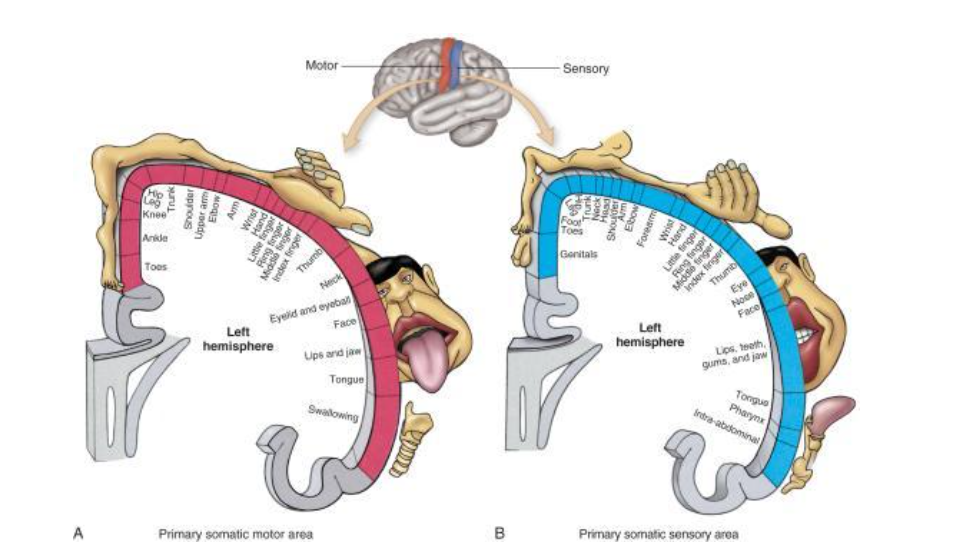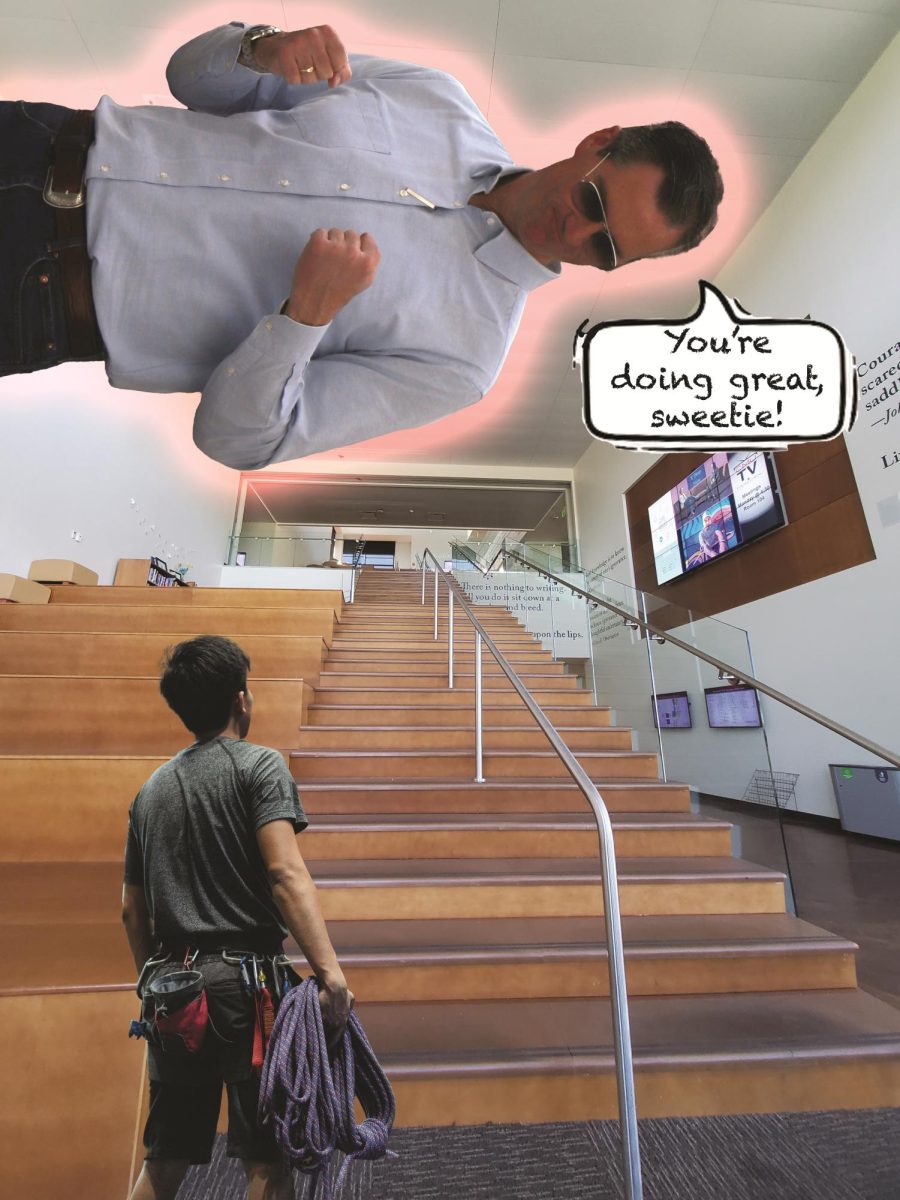
by Jake Carmin
Summer movie season is officially over, and if the Internet is to be believed, viewers and critics were largely disappointed by this year’s releases. Though standouts like “The Nice Guys” and franchise mainstays like “Captain America: Civil War” and “Star Trek Beyond” performed well critically and commercially, this seemed like the summer of whiffs.
Adaptations like “Tarzan,” “The Jungle Book,” “Teenage Mutant Ninja Turtles: Out of the Shadows” and “Angry Birds” all cashed in on name recognition and nostalgia, but failed to produce enjoyable entertainment.
Meanwhile, movies like “Ben-Hur” and “Independence Day: Resurgence,” the kind of film that never should have made it out of studio executive meetings, used more money and better technology to make worse movies than their predecessors.
I expected “Suicide Squad,” a film about imprisoned super-villains forced to carry out a mission for the government, to fall in line with the franchise cash-ins. The reviews I read prior to viewing the movie indicated that I was going to be proven right. Yet the Code of Nerds is clear: one does not get mercilessly picked on in middle school to grow up and not see all the available superhero flicks.
I am glad I caved; I was pleasantly surprised by “Suicide Squad.” Though to call it an impressively made film or even an original one would be a fib. It tries to ape much better superhero movies by imitating “Guardians of Galaxy–esque” intro music and a bad guy who shoots a blue ray into the sky. Yet it is certainly respectable; critics misread what the film was trying to achieve.
If you were a kid in the late 80’s reading the comics, you will not recognize the Suicide Squad in the film. At the time, the TV legend “Mission Impossible” saturated the airwaves, and the early comics, which featured only a fraction of the movie’s cast, read more like spy heists and conspiracy plots than the dark, paranoid film.
The wildly different tone of the early comics, coupled with a marketing campaign that packaged the movie as irreverent, fun and more like “Guardians” or “Deadpool” than the limp and brooding “Batman vs. Superman: Dawn of Justice,” made for many disappointed fans and critics. But anyone who has picked up a Squad comic post-2011 will have a greater appreciation for director David Goyer’s take.
In 2011, DC Comics radically changed the way they wrote “Suicide Squad” comics. They retained only four original Squad characters: Amanda Waller, shadowy handler of Task Force X, Rick Flag, the soldier who keeps the villains from fleeing, Captain Boomerang, and Deadshot.
The writers replaced every other character, bringing in minor characters like Harley Quinn, Killer Croc, and El Diablo (all who now feature in the film). The new comics focused less on the heists and spy plots and emphasized instead the insanity of the main characters and the brutal psychological manipulation by the government.
It was a good choice for “Suicide Squad’s” writers to try to emulate the dark, morally drained tone of the newer comics. Especially after the release of “Mission Impossible: Rogue Nation” a month prior, it seems unlikely that DC could have mustered up a flick that could have more skillfully captured the essence of lighthearted spy thrillers.
By reaching for the ethically decrepit tone of the modern comics, Goyer and company did themselves a service. They produced a superhero movie that is both derivative and unlike anything else in the market. It has none of the irony of “Deadpool,” none of the righteousness of “The Avengers,” and none of the rouge-ishness of “Guardians.”
“Suicide Squad” hews very close to superhero film necessities like city-wide destruction and origin story flashbacks, but is just distinct enough to justify its existence.








